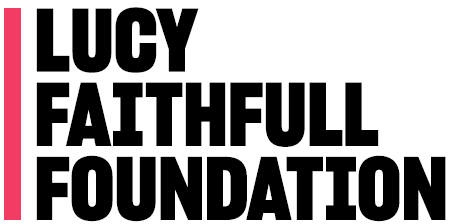Tackling the problem of young people getting into trouble online
Around a third of sexual offences against children and young people are carried out by other children and young people. So if we’re going to prevent sexual abuse towards children, we need to work with young people who have displayed harmful sexual behaviour. Sian Meader, our clinical manager for young people’s services, explains more about our young people’s project.
Helping young people in the online world
Today’s young people are the first generation to grow up with the internet being such a huge part of their lives, which creates new challenges. Mobile phones mean plenty of young people have the internet in their pocket, so the likelihood of being able to find, accidentally stumbling across, or receiving sexual material without having asked for it, is a real risk that faces young people today.
Whilst there are great resources for young people about how to protect themselves from others online, there’s nowhere for them to go if they’re worried about their own sexual thoughts or online behaviour, or are worried about someone they know. We want to change that.
Our goal is to develop online self-help resources, which may be a website, a forum or a series of videos that will help to prevent harmful sexual behaviour amongst young people. It’s vital that we create resources that can be used easily and anonymously, so young people know that they can come to us without risk, and begin to address their behaviour, thoughts or feelings in a way that’s meaningful to them.
To make sure what we create is useful, we’re running focus groups with young people to see what they think. We’re finding out what concerns them, where they currently go for support and what they think we should develop. We’ve also produced three questionnaires to gather more ideas; one for professionals who work with young people, one for parents of young people and one for 16- 25 year olds.
Helping young people in the real world
We also work with young people who’ve displayed more serious harmful sexual behaviours. So another goal of the project is to help the criminal justice system to make decisions that promote a more positive future for young people. We aim to encourage police, youth justice workers and the courts to respond to behaviours proportionately and consistently, considering the context of the situation at hand.
As professionals, we need to deal with a young person’s behaviour in a way that doesn’t leave them feeling stigmatised, labelled or written off. We need to ensure that their welfare doesn’t get lost in the process. Access to one to one help, support and advice shouldn’t rely on whether or not a young person goes through the criminal justice system.
Because we’re a small charity, the demand for the type of work that we offer is way beyond what we can provide. So we’re also working to equip other professionals such as youth workers, education staff and others who are responsible for the welfare of young people to deliver high quality support to those who get into trouble online. This will enable young people to access vital help at a time and place that is convenient for them.
If we are to successfully prevent harmful sexual behaviour, it’s vital that young people get the help they need at the right time, the right place and at the appropriate level that they need.
For more information, please contact Sian Meader, our clinical manager for young people’s services.
Sign up for news & updates
Fill in our newsletter form hereTo support our work to protect children, donate today.
Donate today





